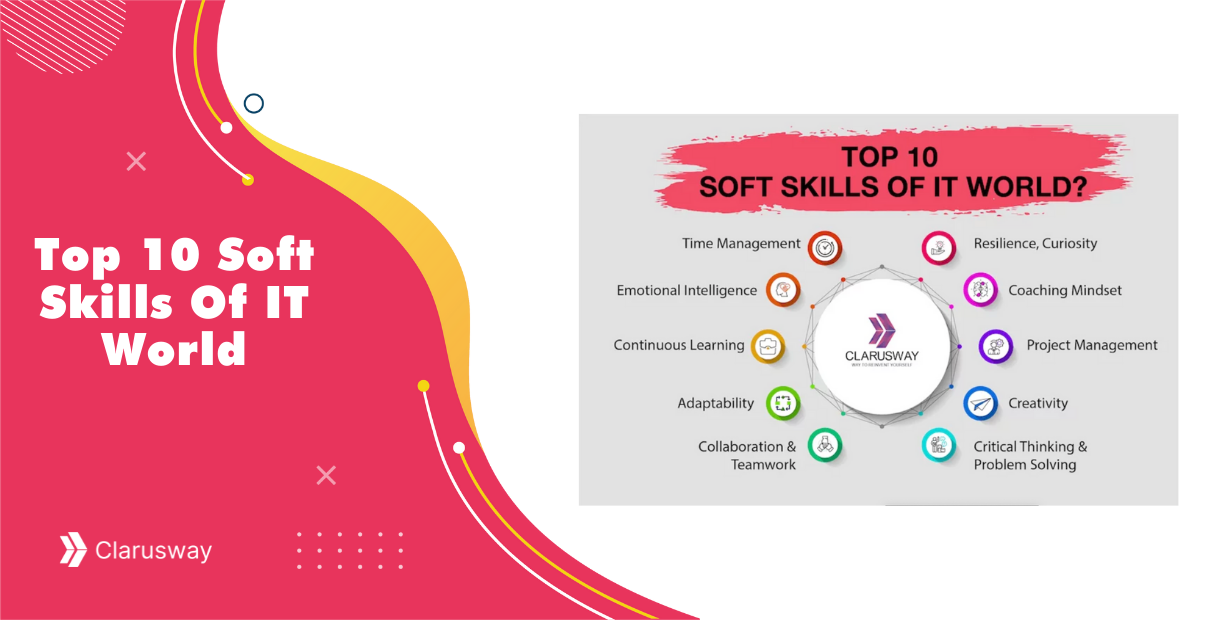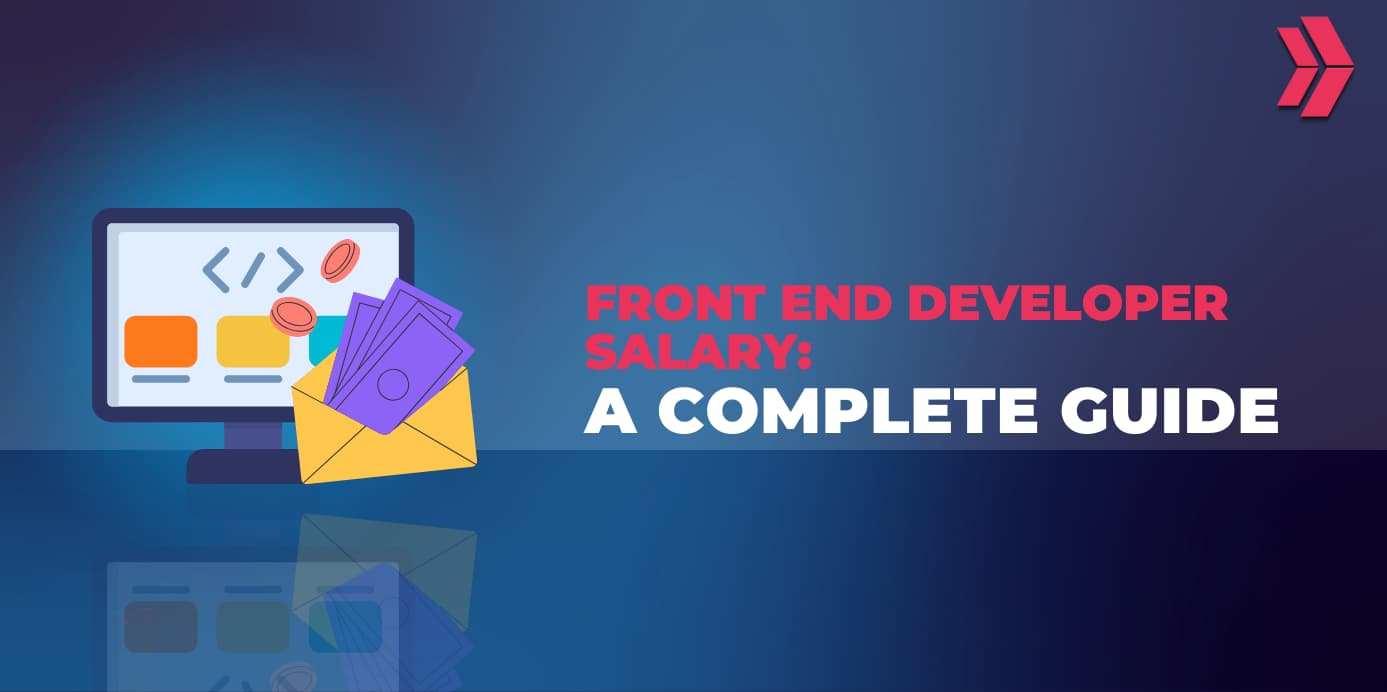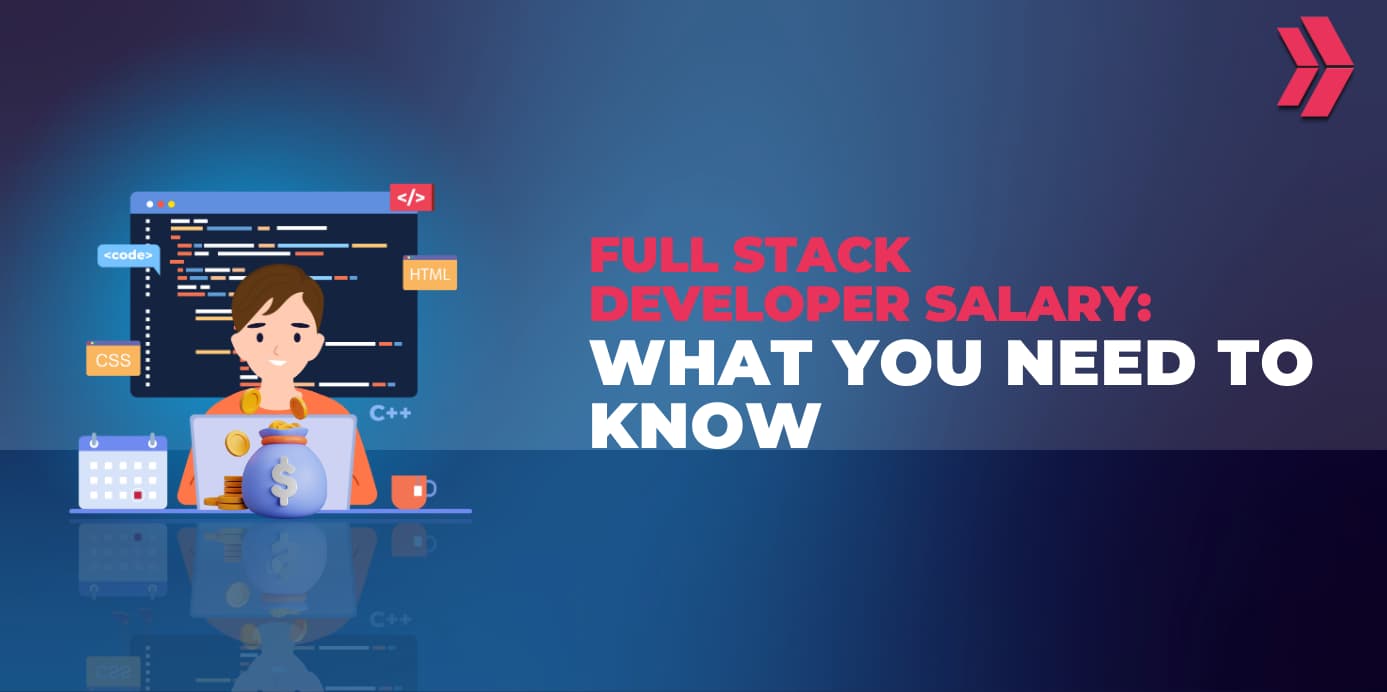Did you know that the demand for full-stack developers is projected to grow by 22% between 2020 and 2030, according to the U.S. Bureau of Labor Statistics? To meet this growing need, aspiring developers must learn essential full stack developer skills and stay ahead of technological advancements. Mastering both technical and soft skills is crucial to thrive in the competitive IT landscape.
This blog will help you understand the web developer skills required to succeed, including full stack developer key skills like front-end and back-end development, database management, and cloud services. Whether you are preparing for your first developer role or aiming to upgrade your full stack skills, this guide will give you a clear roadmap to stand out in this dynamic field.

What are the Skills Required for Full Stack Developers?
Full-stack developers need both technical and soft skills to succeed. Technical skills let you build functional apps, while soft skills help you collaborate and deliver quality results.
What are Full Stack Developer Technical Skills?
These are the specific abilities you’ll need to write code and build software.
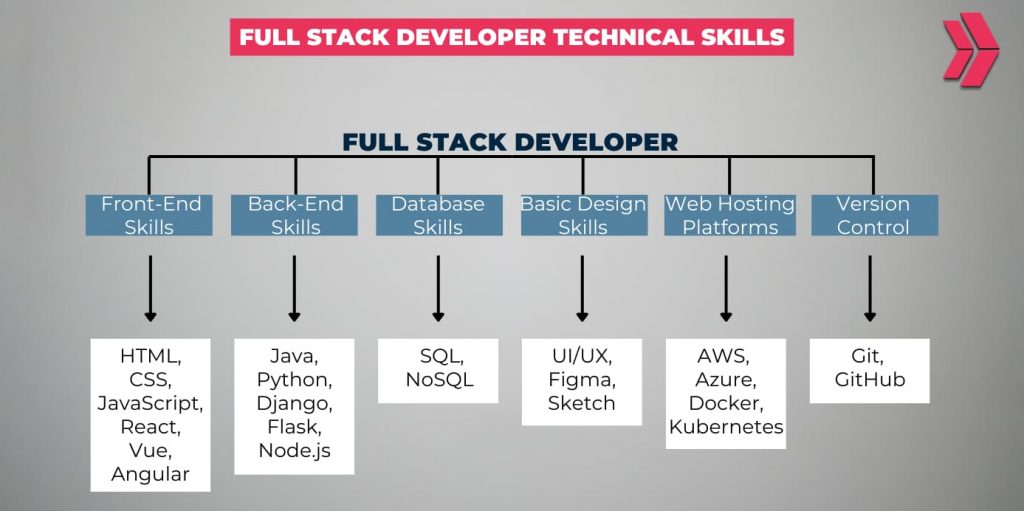
1. Front-End Skills: Creating the User Experience
- HTML/CSS: HTML provides the structure of a webpage, like the skeleton of a house. CSS adds the style, giving it its visual appeal. These are fundamental.
- JavaScript: JavaScript makes websites dynamic and responsive. Think of interactive elements, animations, and user feedback. Frameworks like React, Vue, and Angular extend JavaScript’s capabilities for building complex applications.
2. Back-End Skills: Powering the Application
- Java: Java is a powerful language used for building large-scale, enterprise-level applications.
- Python: Python is known for its readability and extensive libraries, making it a popular choice for web development. Frameworks like Django and Flask simplify back-end development.
- Node.js: Node.js lets you use JavaScript on the server-side, creating efficient and scalable applications.
3. Database Skills: Storing and Managing Data
- SQL: SQL is the standard language for managing relational databases, which organize data in tables with relationships between them.
- NoSQL: NoSQL databases offer more flexibility for handling unstructured or rapidly changing data.
4. Basic Design Skills: Creating User-Friendly Interfaces
- UI/UX: UI (User Interface) focuses on the visual design and layout, while UX (User Experience) focuses on how users interact with the application.
- Tools like Figma or Sketch help with prototyping.
5. Web Hosting Platforms: Deploying Your Application
- AWS and Azure: These platforms provide cloud-based hosting and services, allowing you to deploy and manage your applications on a large scale.
- Tools like Docker and Kubernetes optimize server management.
6. Version Control: Managing Code Changes and Collaboration
- Git/GitHub: Git tracks changes to your code, and GitHub provides a platform for collaboration and version control. These are essential for teamwork and managing projects.
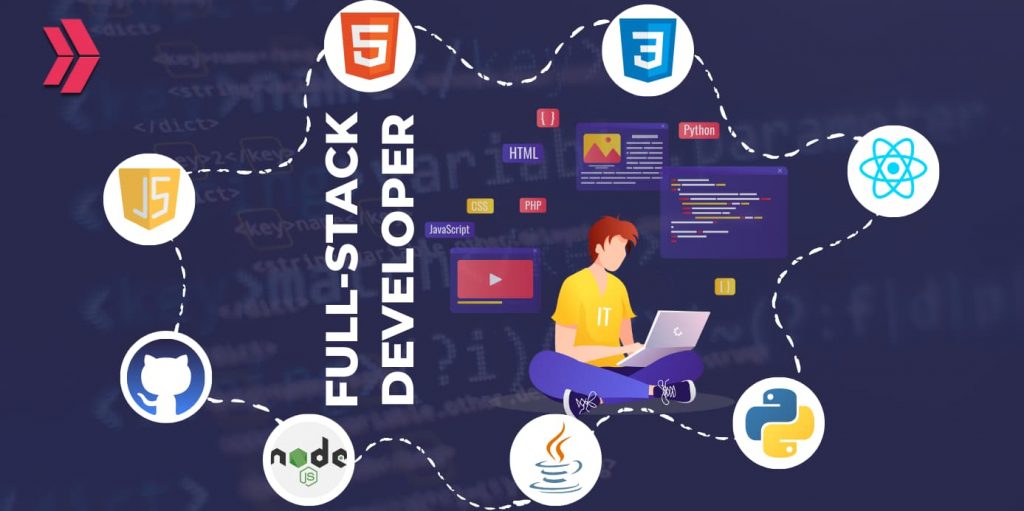
What are the Crucial Soft Skills for Full Stack Developers?
These skills are just as important as technical skills for successful collaboration and project management:
- Critical Thinking: The ability to analyze problems and develop effective solutions during the development process.
- Strategic Planning: Creating clear and actionable plans to meet project goals efficiently.
- Time Management: Prioritizing tasks and meeting deadlines to deliver projects on schedule.
- Communication: Clearly conveying ideas and technical issues to team members and stakeholders.
- Teamwork: Collaborating effectively with others to achieve shared goals.
- Adaptability: Adjusting to new technologies, project changes, and challenges quickly.
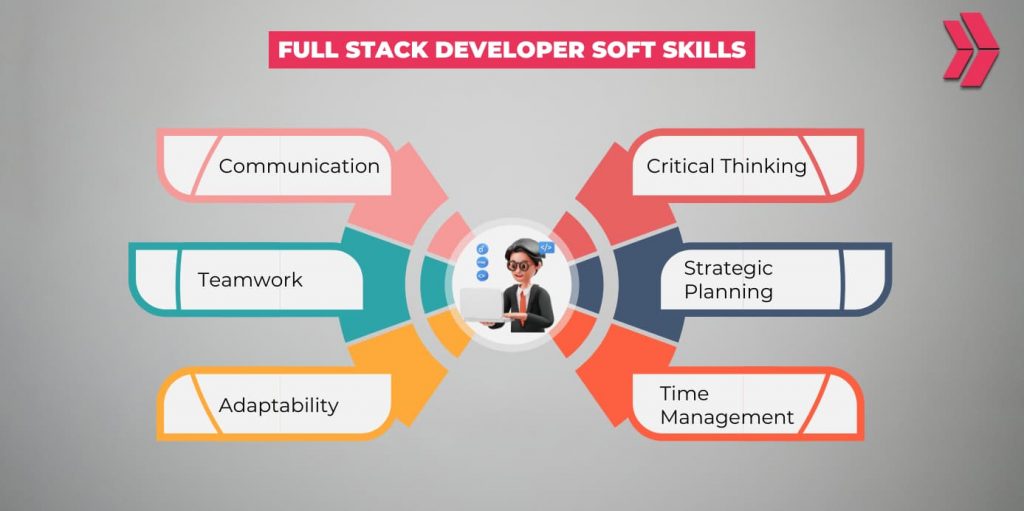
How to Start Learning These Skills?
Learning all these skills might seem overwhelming, but a structured approach can make it manageable. Consider focusing on a specific tech stack and building projects to gain practical experience. Coding bootcamps offer intensive training programs that can help you acquire these skills quickly.
How Full Stack Developer Skills Will Shape the Future?
Full-stack developers will need AI and Machine Learning Basics to integrate intelligent features into applications and Cloud Service Management to handle scalable solutions efficiently. Security Best Practices will become critical for protecting data against cyber threats, while Performance Optimization Techniques will ensure fast, responsive applications. Proficiency in API Design and Integration will support seamless communication between systems, and Cross-Platform Development Expertise will enable consistent performance across devices. These skills will define the future of full stack development, ensuring developers remain key players in driving technological advancements.
How Is AI Impacting Full Stack Development?
Artificial Intelligence (AI) is transforming full-stack development by introducing automation and intelligence into the development process. Tools powered by AI can assist in code generation, bug detection, and testing, significantly reducing development time and errors. AI integration also allows developers to create smarter applications, such as chatbots and recommendation systems, that enhance user experiences. As AI continues to evolve, it will shape the future of full-stack development by driving innovation and setting new standards for efficiency and functionality.
For more information you can check our article titled “How Will AI Shape the Future of Full Stack Development?”
Conclusion
Full-stack development offers a rewarding career path if you master the right skills. Focus on building both technical and soft skills to stay ahead in the job market.
Start learning today with our AI-Powered Full Stack Development Course and get job-ready as a full-stack developer!

